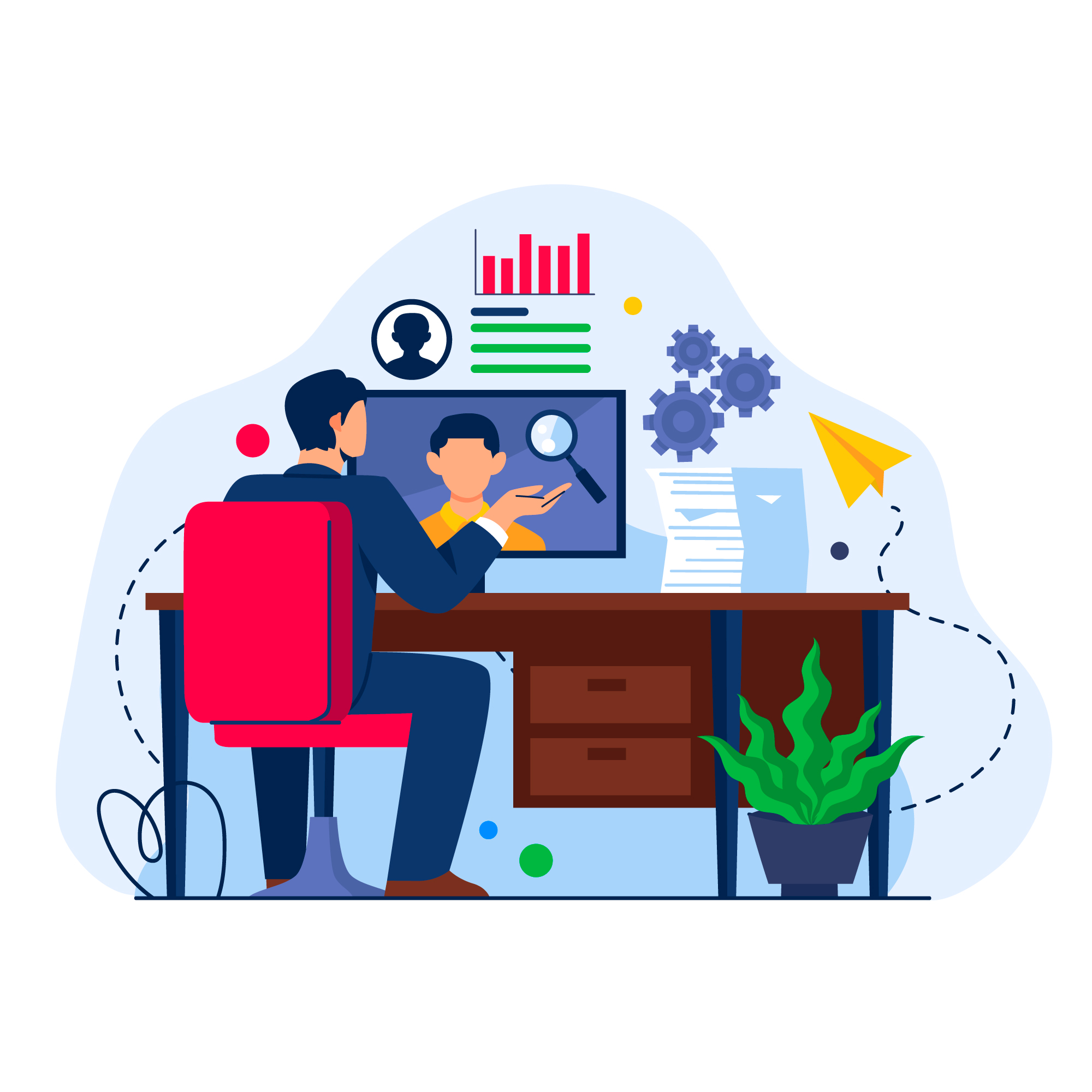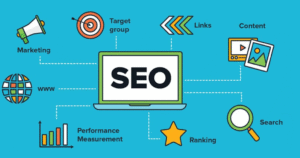How Much Do AI Agent Development Services Cost? A Complete Breakdown
The rise of AI-driven tools has revolutionized business operations across industries. From automating customer support to managing internal workflows, AI...

The rise of AI-driven tools has revolutionized business operations across industries. From automating customer support to managing internal workflows, AI agents are now a vital part of digital strategy. But before any company invests in these technologies, a critical question comes up: How much do AI agent development services cost?
In this comprehensive guide, we explore everything you need to know about AI agent development cost, including the factors that influence pricing, the types of services included, and what you can expect at different budget levels.
Understanding AI Agent Development Services
Before we dive into costs, it’s important to understand what AI agent development services typically include. An AI agent is a software entity powered by artificial intelligence that performs tasks autonomously or semi-autonomously. It may answer customer queries, analyze documents, automate email responses, summarize meetings, or even coordinate team workflows.
AI agent development services refer to the end-to-end process of building these agents—ranging from ideation and strategy to implementation, integration, and post-deployment support. These services are often provided by AI consulting agencies or specialized development teams that understand the complex intersection of machine learning, large language models (LLMs), and business logic.
What Factors Influence AI Agent Development Cost?
There’s no one-size-fits-all pricing for AI agents. The AI agent development cost depends on several key factors:
1. Complexity of the Agent
A simple chatbot that answers FAQs is vastly different from a multi-functional AI agent that integrates with CRMs, databases, and calendars. The more complex the behavior, the higher the cost.
2. Level of Customization
If you’re using a pre-trained model with minimal tweaks, development costs remain low. But when you require fine-tuning on your own data, proprietary workflows, or domain-specific behavior, costs increase.
3. Number of Integrations
The more systems your agent needs to connect with—whether it’s Slack, HubSpot, Salesforce, or custom databases—the more development time and testing are required, adding to the total expense.
4. Memory and Contextual Understanding
AI agents that remember past interactions or handle multi-turn conversations with contextual awareness are more expensive to build. These features require additional architecture like vector stores and session memory design.
5. Deployment Environment
Are you deploying the AI agent on a website, internal portal, mobile app, or across all? Cross-platform compatibility and secure hosting can increase development time and cost.
6. Post-Launch Support and Maintenance
Even after deployment, your AI agent needs fine-tuning, data updates, and performance monitoring. Many agencies bundle in monthly support or offer it as an add-on, which affects the long-term cost.
AI Agent Development Cost by Project Size
To help you benchmark your budget, here’s a breakdown of typical AI agent development services by project size and functionality:
Basic AI Agents ($3,000 – $10,000)
These agents handle straightforward tasks like:
- Answering FAQs using GPT-based prompts
- Collecting user input and routing queries
- Performing basic automation like lead collection
This level of service is ideal for startups and small businesses looking for quick wins and low-risk experimentation with AI.
Intermediate AI Agents ($10,000 – $50,000)
In this range, you can expect:
- Custom workflows tailored to your business logic
- CRM, email, and calendar integrations
- Contextual memory and multi-turn conversation support
- Some document ingestion capabilities
Mid-sized businesses often fall into this category when they require a balance between functionality and affordability.
Advanced/Enterprise AI Agents ($50,000 – $100,000+)
At the higher end of the spectrum, development services include:
- Multi-agent systems orchestrated for different tasks
- Private model hosting or fine-tuned LLMs
- Integration with enterprise-level systems (e.g., ERPs, ticketing platforms)
- Compliance-ready features and advanced analytics
These projects often involve longer timelines, extensive testing, and detailed planning to align with enterprise-grade requirements.
Ongoing Maintenance Costs
One-time development isn’t the end of your AI agent journey. Maintenance is critical to keeping your agent efficient and aligned with business goals. These costs can include:
- Regular performance reviews and updates
- Model retraining on new data
- Error monitoring and debugging
- UI/UX upgrades
- Additional feature development
You can expect to spend between $500 to $3,000 per month on ongoing support, depending on the complexity and usage level of your agent.
How Long Does Development Typically Take?
Timeline is often tied to cost. A simple agent might take 2 to 4 weeks, while more complex builds could stretch to 3–6 months or longer. Timelines usually break down like this:
- Basic AI Agent: 2–4 weeks
- Custom Mid-Range Agent: 6–10 weeks
- Enterprise AI Agent: 3–6 months
The more complex the logic, integrations, and compliance requirements, the longer the timeline—and the higher the associated costs.
What’s Typically Included in AI Agent Development Services?
While each agency structures their packages differently, most AI agent development services include:
- Discovery workshop to define goals and scope
- Tool and tech stack selection (e.g., LLMs, APIs, vector stores)
- Agent logic design and prompt engineering
- Backend development and integration
- Data ingestion and knowledge base setup
- Testing, QA, and launch support
- Post-deployment monitoring and updates
Higher-tier packages may also include dashboards, analytics integration, and internal team training.
How to Reduce AI Agent Development Costs Without Compromising Quality
Here are a few strategies to manage your AI agent development cost efficiently:
- Start with an MVP: Begin with a focused use case, then scale up based on feedback and performance.
- Use Open-Source Tools: Many LLM orchestration tools and vector databases are open source, reducing licensing expenses.
- Partner with Specialized Agencies: They often offer pre-built templates or proven frameworks that cut down development time.
- Plan for Iteration: Build in short sprints with clear milestones instead of trying to launch a fully-featured system upfront.
- Automate Maintenance: Choose services with self-learning capabilities and error alerts to reduce manual intervention over time.
Final Thoughts
Investing in AI agents can unlock transformative value for your business—but like any strategic investment, success depends on making informed decisions. Understanding the full breakdown of AI agent development services and the factors influencing AI agent development cost ensures that your resources are allocated wisely.
Whether you’re a startup looking to automate repetitive tasks or an enterprise aiming to boost operational intelligence, there’s a suitable AI agent solution at every budget level. And with the right development partner, even modest investments can yield exponential returns.
Looking to get started with AI agent development? Seek out agencies that combine technical skill with business insight—and ensure transparency in pricing, timelines, and deliverables.






